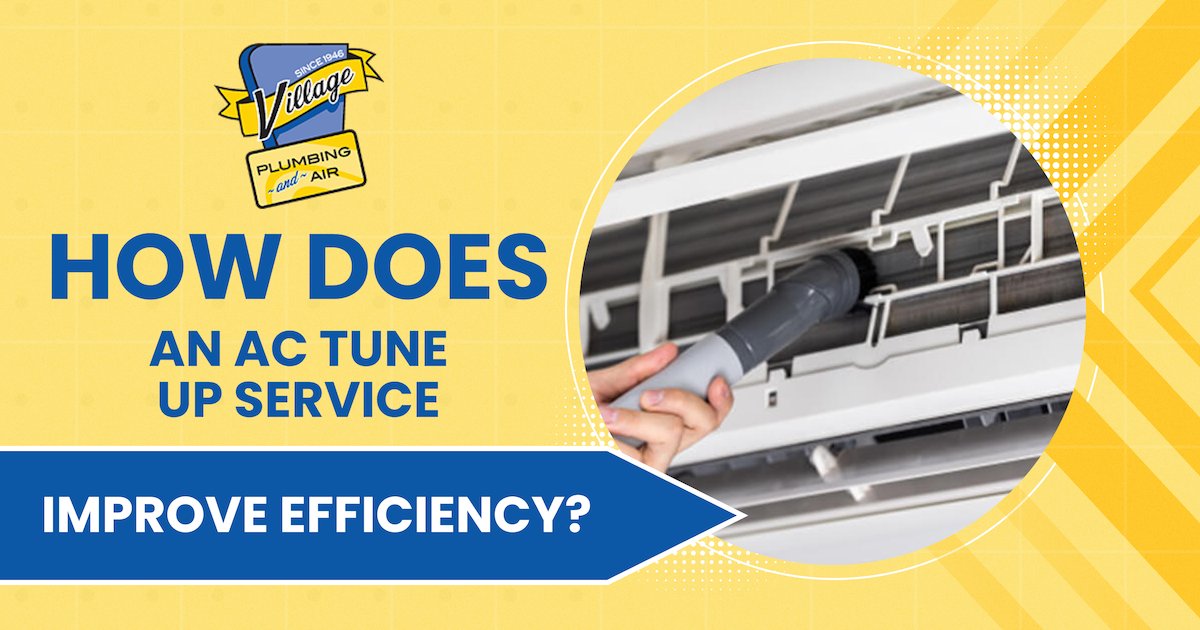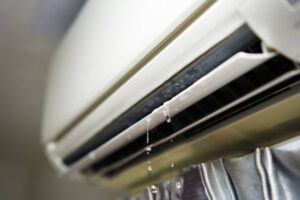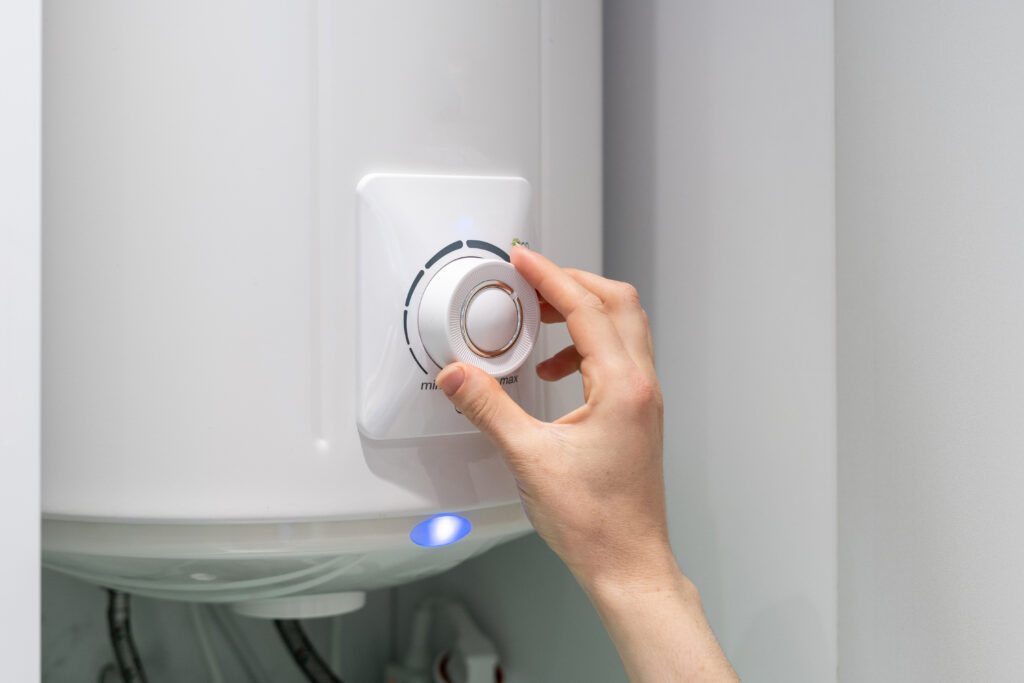Modern air conditioners are designed to run efficiently and improve climate control. But without proper maintenance, they won’t do so for long. That’s why HVAC contractors provide AC tune up services, which can prevent declines in performance and system breakdowns.
It’s often advertised that a tune up will reduce energy usage, lower your electric bill, and help your AC last longer. All these can save you money. But how does one service call do this? That’s because it allows an HVAC technician to address the factors that contribute to your AC system running reliably and efficiently.
To help you understand the connection between AC tune up service and efficiency, we’ll look at a few important aspects of a tune up:
Testing Refrigerant Levels
Refrigerant is what allows your air conditioning system to transfer heat into and out of your home. If there’s too little coolant, your AC won’t work well or be efficient. You’ll end up turning the system higher to stay comfortable, using up more energy. The technician will also check for a refrigerant leak that can cause even more damage and performance issues.
Checking Refrigerant Line Insulation
If refrigerant lines aren’t properly insulated, or their insulation has deteriorated, the system may develop cooling problems. Poor insulation can cause the refrigerant to compress and leak onto internal parts. Condensation may lead to mold or frozen coils. Repairing the insulation can resolve or avoid these issues, and ensure your HVAC system runs more efficiently.
Measuring Air Flow
Reduced air flow can dramatically reduce system efficiency. During an AC tune up service, a technician will measure static pressure to determine whether air flow falls within acceptable parameters. They’ll also evaluate the condition of your ductwork, vents, and registers and make necessary corrections such as replacing filters, opening vents, and cleaning and/or sealing ducts if there’s air leakage.
Inspecting Electrical Components
When checking the outdoor condenser, the technician will test the voltage, amp draw, and performance of the capacitor, contactor, and fan motor. Wires and connections are tightened as needed. The motor capacitors accumulate and distribute energy to the motor when the system is running, so it’s important they’re working properly. Another tune up task is to evaluate the safety disconnect box. It has the switches and controls needed to shut off the system if necessary; its various wires must be inspected to ensure there are no issues.
Lubricating Moving Parts
The blower fan motor must be lubricated. It is treated with motor oil in the factory, but this can disintegrate over time. Friction will then increase between moving parts. Once the blower motor is under more friction, it can make loud noises and decrease the efficiency of the blower fan and compressor.
Evaluating the Drain Pan and Condensate Line
An air conditioning cycle produces water, which goes to a drain pan and is drained from the system via a condensate line. If these aren’t working properly, increased humidity, mold, and water damage can occur. These components are located under the evaporator coils, while the pipes run outside to eliminate water from the system. An inspector will check for cracked lines, holes, or pipes that must be replaced.
Other Benefits of an AC Tune Up Service
Most professionals recommend a tune up at least once a year. A tune up usually takes 1 to 2 hours and can prevent your AC from blowing hot air, freezing, leaking, or producing odors. It can also prevent short cycling, which can increase your energy bill, and help your thermostat consistently reach the set temperature. If your energy bill is high and your home isn’t getting cool, it’s time for a tune up, or to consider replacing an old AC system.
Schedule an AC Tune Up/Inspection with Village Plumbing, Air & Electric
A tune up can prevent a lot of issues and improve system efficiency by up to 10%. Best of all, it can prevent breakdowns and costly repairs and extend your AC’s operating life. To request an AC tune up service in Houston, request service online or call (713) 526-1491.





